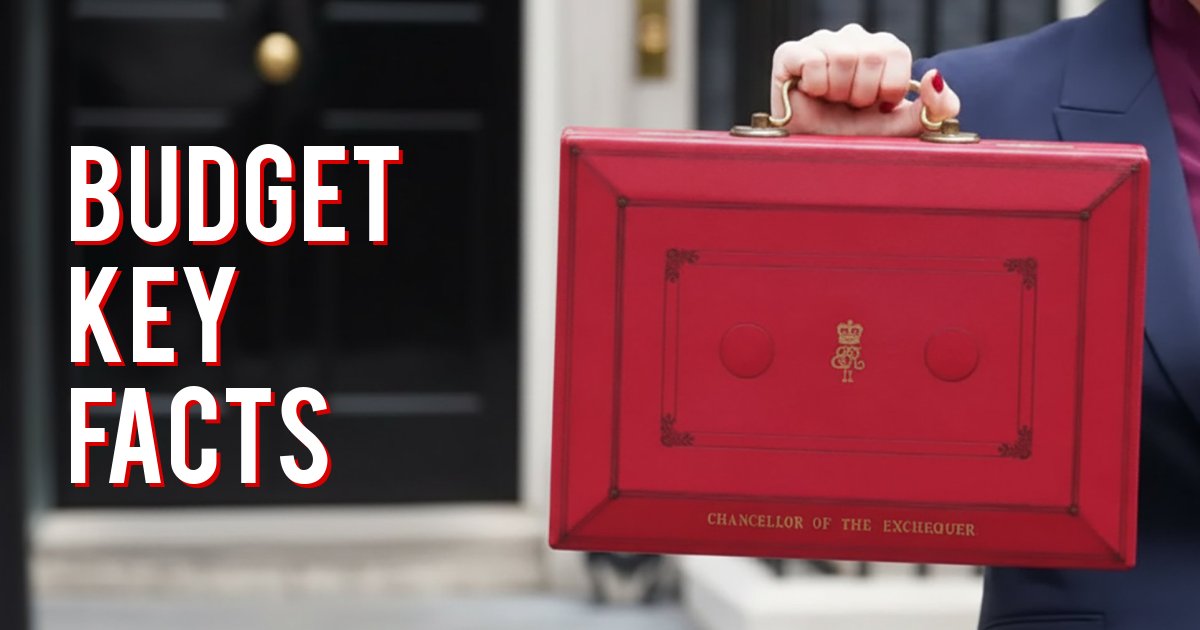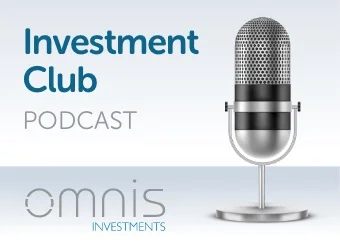Chancellor Rachel Reeves November Budget – Key Facts
Wednesday 26 November, 2025
The Chancellor’s Autumn Budget has set out a series of measures aimed at balancing fairness with fiscal responsibility.
Here are the key facts detailed in the budget.
Personal Taxation
- National Insurance and income tax thresholds will remain frozen for a further three years, taking the freeze beyond 2028. This means more earners will gradually move into higher tax bands over time.
- For savers, the annual amount that under-65s can place in cash ISAs will now be capped at £12,000. The remainder of the £20,000 yearly ISA allowance must go into investment products.
- Basic and higher-rate income tax applied to property, savings and dividend earnings will rise by two percentage points.
Wages, Benefits and Pensions
- From April, the limit that prevents households on Universal Credit or child tax credit from receiving support for a third or later child will be removed.
- The National Living Wage for workers aged over 21 will rise by 4.1%, increasing from £12.21 to £12.71 per hour. Pay for 18 to 20-year-olds will also increase sharply, up 8.5% from £10 to £10.85 per hour, as part of wider plans to move towards a single adult rate.
- Both the basic and new State Pension will increase by 4.8% in April under the triple lock, a rise that exceeds current inflation.
- From 2029, people who contribute to pensions through salary-sacrifice arrangements will begin paying National Insurance on contributions above £2,000 a year.
- The Help to Save scheme, which provides a government bonus for qualifying savers on Universal Credit, will continue and be expanded past 2027.
Housing and Property
- Homes in England valued at more than £2 million will face a new council tax surcharge. Depending on the property, the additional charge will range from £2,500 to £7,500, following a revaluation of properties in bands F, G and H.
Transport
- The 5p “temporary” reduction in fuel duty on petrol and diesel has been extended once again, lasting until September 2026. After that point, duty is scheduled to rise gradually over a six-month period.
- A mileage-based tax for electric and plug-in hybrid vehicles will be introduced from 2028.
- Regulated rail fares for England will be frozen next year. It will be the first time since 1996 that these fares have not increased, although there have been years when rises were held below inflation.
- Premium vehicles will no longer be eligible for the Motability scheme, which offers cheaper leasing options to people receiving certain disability benefits.
Business Taxes
- The tax applied to profits generated by gambling companies from online betting will increase sharply in April, moving from 21% to 40%. The existing 10% bingo duty will be abolished at the same time.
Food and Drink
- The soft drinks levy will be extended from 2028 to cover pre-packaged milkshakes and lattes. This reverses the exemption these products received when the tax was originally launched in 2018.
UK Growth, Inflation and Debt
- The Office for Budget Responsibility now expects the UK economy to grow by 1.5% this year, an improvement on its 1% estimate published in March.
- Inflation is forecast to average 3.5% over the year. It is then projected to fall to 2.5% next year and return to the government’s 2% target in 2027.
Other Measures
- Regional mayors in England will gain the power to introduce a tax on overnight stays in hotels and holiday accommodation, aligning with similar measures already planned in Scotland and Wales.
- The cost of an NHS prescription in England will remain fixed at £9.90 for another year.






